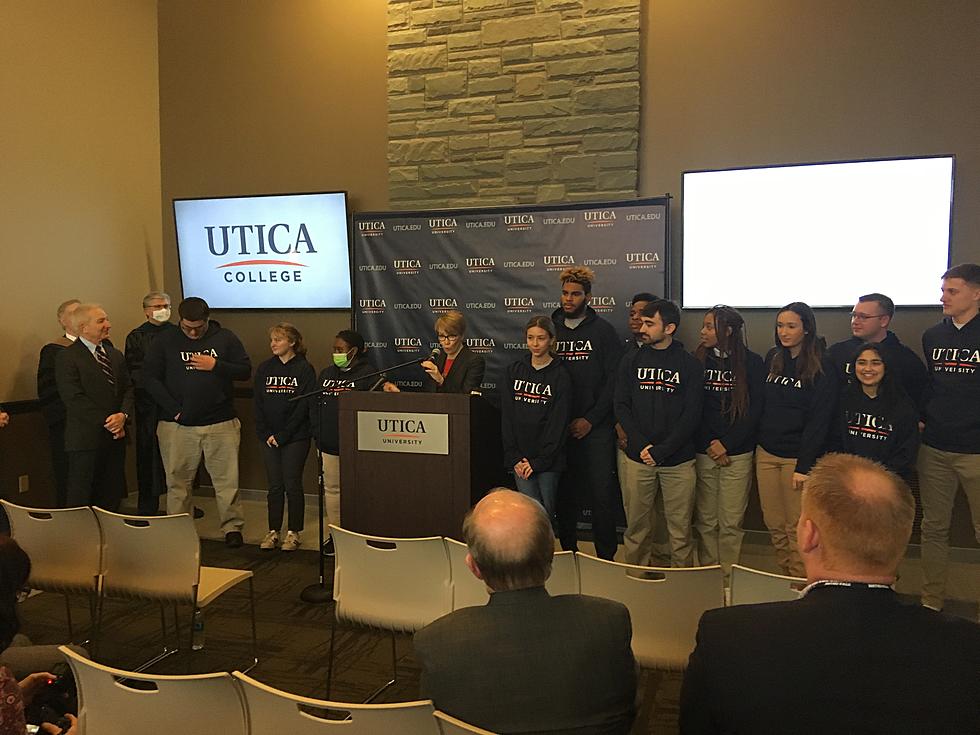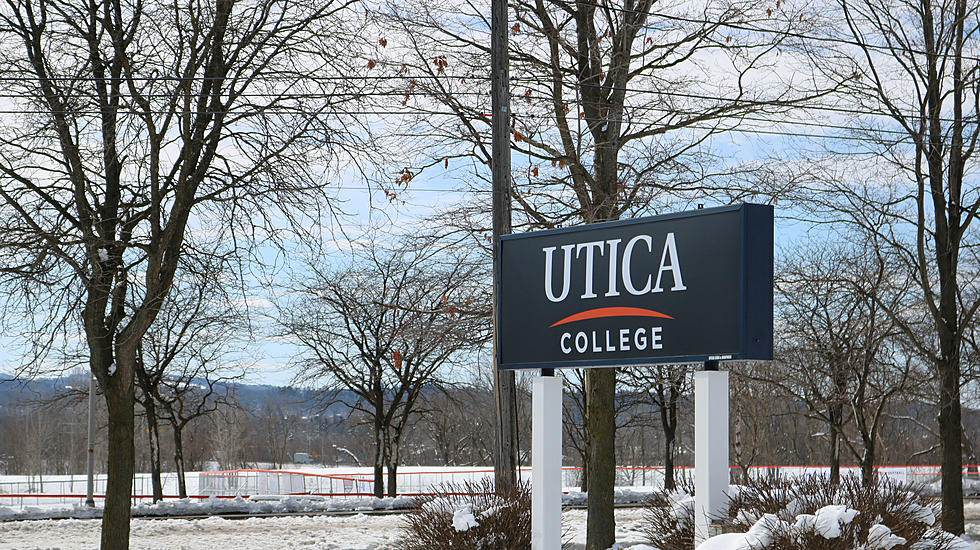
Banned Books Week Prompts Nationwide Action
"It's not just the books under fire now that worry me. It is the books that will never be written. The books that will never be read. And all due to the fear of censorship. As always, young readers will be the real losers."
Those words belong to Judy Blume, the author of numerous books for children and young adults. Blume's novels have been challenged many times by highly organized groups, and have been removed from public libraries and schools.
For many years, she has struggled with censorship issues, and still faces challenges. During the 1990's, five of her novels were among the top 100 "Most Frequently Challenged Books."
But, the American Library Association continues to make people aware of Blume's situation, along with the myriad authors caught in the same bind. The organization is recognizing the 30th anniversary of Banned Books Week, a celebration honoring all challenged and banned books while promoting the right for students to read what they want.
From September 30th until October 6th, readers are urged to become familiar with challenged and banned books. Whether it be classics like "Huckleberry Finn" and "The Catcher in the Rye," or new books like "The Hunger Games" and the Harry Potter series, nearly everyone can relate. Across the country banned book celebrations have been planned, bringing communities together to understand the issue and promote awareness.
The City of Utica has been doing its part for more than 20 years.
Kim Landon, a recently retired associate professor of journalism, has been involved with Utica College's "Banned Books Read-In" for two decades. She says she understands the reasoning behind many recent challenges.
"It almost is never actually about the First Amendment," Landon said. "It's often dressed up in First Amendment issues, but certainly in recent decades most book banning is actually being done in the name of religious ideology. Very fundamentalist religious organizations often underwrite groups that go into school districts and comb through curriculum in order to find things that they don't want taught."
Though it seems challenges have been on the decline since the early 90s, during the past five years there have been more than 2,000 challenges. The targets themselves are those supported mostly by taxpayer money, including schools, school libraries and public libraries.
What it means for authors is a perceived "chilling effect."
"That is the tactic," Landon said. "That's what is meant to happen. If you are in fear that you write something that is going to be censored, maybe you'll hesitate to write it. Maybe the school district will hesitate to put it in its library. That's exactly what they want... it doesn't freeze speech because no one is telling you you can't, but it sort of chills your creativity. It makes you second guess yourself."
Landon's become the de facto voice of Utica College's "Banned Book Read-In," as she sits behind a table displaying more than one hundred books. Every single one has been singled out for a variety of reasons, ranging from dealing with the occult, inappropriate for its age group or for using crude language. Not even Harry Potter is immune.
"Harry Potter, while it might not have influenced thought, has been influential in our culture, so that's one of the most famous," Landon said. "It introduced the occult, but it also portrayed children acting independent of their parents, breaking rules and being successful... forget the occult, Harry Potter ought to follow rules, and if he doesn't follow rules, he ought to pray for behavior."
Surprisingly, the popular wizard is included with some extremely well-known company, from authors such as Mark Twain, Judy Blume and J.D. Salinger.
"Huckleberry Finn, Tom Sawyer, Catcher in the Rye," Landon said. "You start seeing the theme. You can go right through the list of the most challenged books and find, almost across the board, that there's stories of children acting outside of authority. Most of the Judy Blume books are about young girls who find their guidance elsewhere than from authority figures."
Although the challenges continue to stream in (there were 348 cases in 2010), Landon says the advent of technology and the Internet have had an impact. People are able to download the books they want to read, and libraries are beginning to adopt online book databases.
"Virtually nothing is banned in reality," Landon said. "But, what my mission has been is to raise awareness among our students that are forces out there that want to be able to control what you read. I want them to know that this is going on in the school districts where their children may attend... the only way to battle this is to know what's going on and stand up against it."
To mark the occasion, Utica College is hosting its read-in this Thursday from 10 a.m. until 3 p.m. The community is invited to attend the event and read snippets of their favorite banned books. Representatives from the Central New York division of the American Civil Liberties Union will also be on hand to explain reader's rights and discuss their position with those in attendance.
But, for Landon, censorship isn't something to think about for one week a year, then forget. It's a constant battle waged against free speech and we're all a part of the action.
More From Lite 98.7









